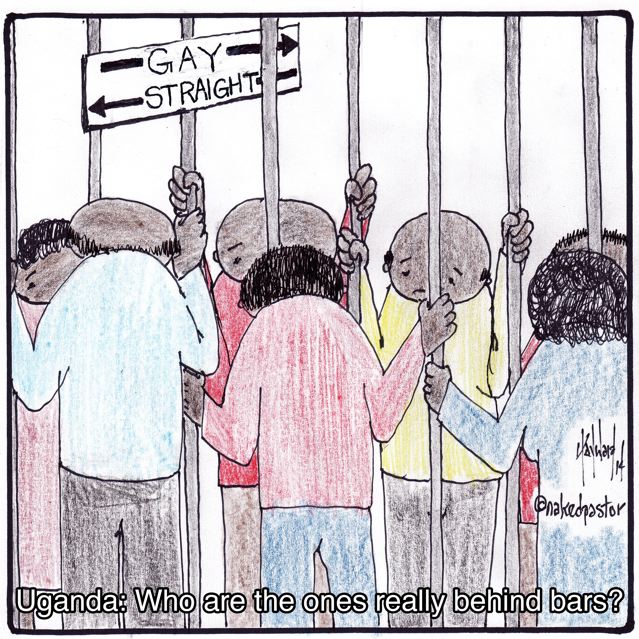This post is a continuation of yesterday’s post, Fundamentalism & Dialog.
One of the most frustrating things that can happen in a conversation is when someone employs what I’d like to call the Future Fail Fallacy.
Let’s take a scenario that has happened on this blog often: I say that unity with others is very important and that we should make every effort to achieve it. Some believe that unity with someone with a different belief is impossible, mute. The Future Fail Fallacy is introduced, and the dialog abruptly ends because nothing more can be said.
The logic of the Future Fail Fallacy, very popular in religion, goes like this:
- the Holy Writings say there will be a violent end (Armageddon);
- this is a huge war between people of differing beliefs;
- therefore differing beliefs is predicted;
- therefore the ensuing war is inevitable;
- therefore our disagreement is destined, ordained and necessary;
- therefore I must be right.
This happens all the time. When someone says, “Jesus didn’t bring peace but a sword“, and employ the Future Fail Fallacy, they believe this actually endorses disunity, division and even violence between parties. When someone else says that two will be working in a field… one will be taken and one will be left… and employs the Future Fail Fallacy, they believe this validates and even blesses division and abandonment. When someone else says that all infidels must die, that the martyrs are blessed, and employ the Future Fail Fallacy, they believe that the extermination of unbelievers is historically inevitable and even willed. Or someone else might say that the end of everyone is the grave and that there is no more, and they employ the Future Fail Fallacy, they might be certain that the persecution of religious people and their faiths is scientifically necessary.
The Future Fail Fallacy can be used by any party to impede unity and cultivate division.















